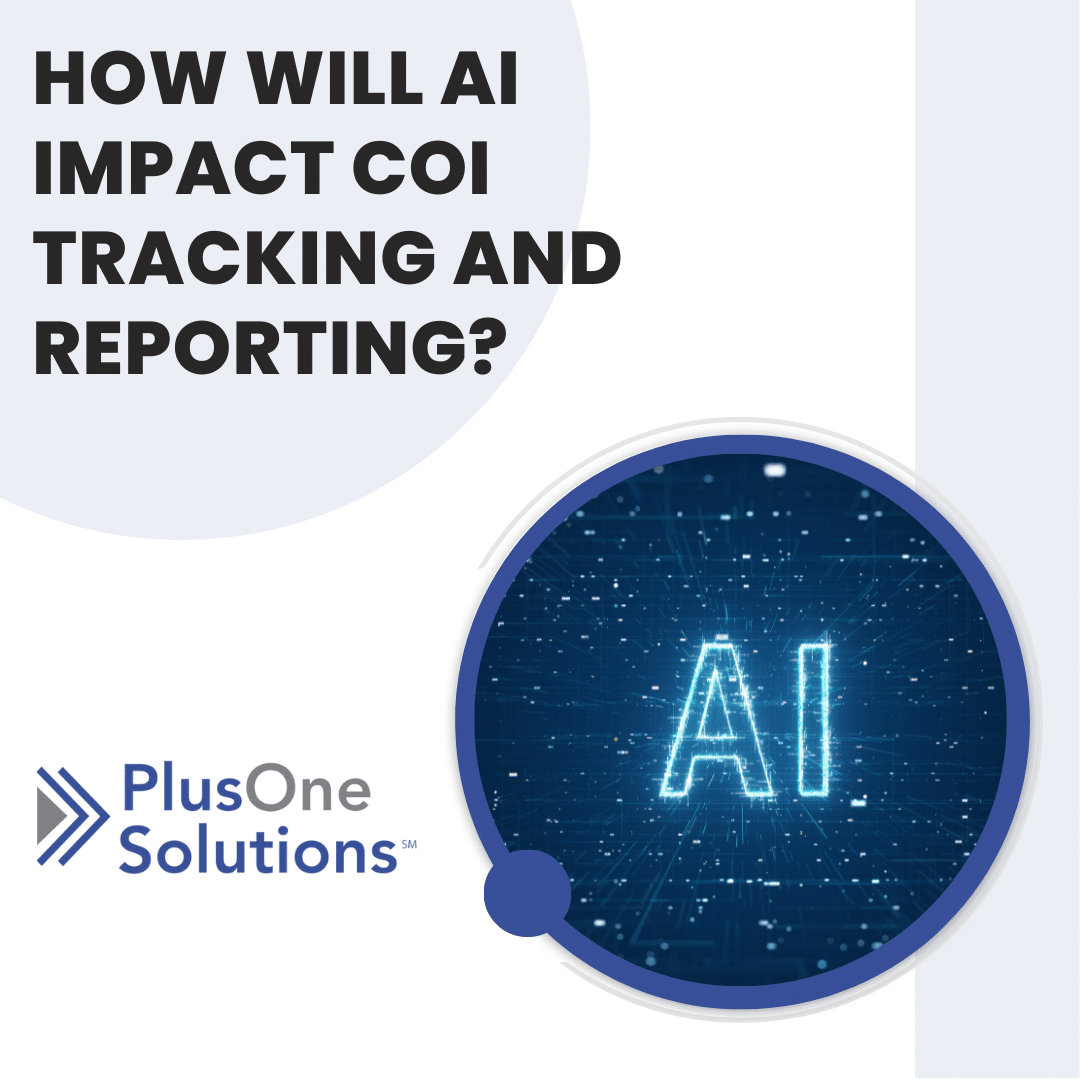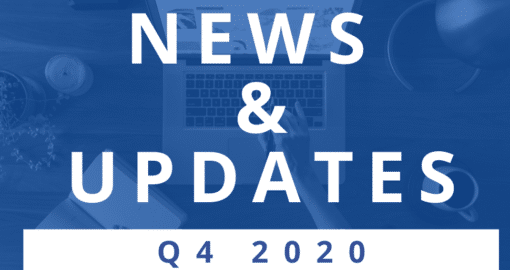Call Us Today (877) 943-0100
How Will AI Impact COI Tracking and Reporting?
Industry Information | August 29, 2023
For many businesses, Certificate of Insurance (COI) tracking and reporting is a critical aspect of risk management for any organization. With technology advancing at a rapid pace, specifically in the area of artificial intelligence (AI) is poised to revolutionize the industry. For reference, machine learning is a type of artificial intelligence (AI) that allows computer systems to learn from data without being explicitly programmed. Using algorithms and statistical models, systems can be structured to identify trends, read data and make predictions. Ultimately AI is meant to learn what people do and use machines to do that same work. In this blog, we’ll look at the question ‘How will AI impact COI tracking and reporting?’ and we will examine how AI may impact the COI management process, positively and negatively, and what businesses need to keep in mind.
How Will AI Impact COI Tracking and Reporting?
Streamlining the COI Tracking Process
One of the greatest strengths of AI is its ability to streamline processes. Traditionally, COI tracking has been a manual, time-consuming task that involves reviewing multiple documents and verifying information, possible back and forth with agents or servicing companies, and an explanation of requirements to be contained in the requested COI. AI can automate much of this process by using technology to communicate, scan COIs for relevant information and cross-reference them against the requirements and other data sources.
For example, an AI-powered COI management system could automatically identify a vendor’s carrier, policy number, and policy cover from a scanned COI provided by a service provider. It could then cross-reference the coverage(s), policy limits, and other criteria against a database of customer requirements to verify the accuracy of the information. This would eliminate the risk of human error and reduce the need for manual data entry.
Automated Alerts and Reminders
Since AI can read information loaded into a system, another benefit is the ability for it to provide automated alerts and reminders based on the parameters set. AI-driven systems can monitor COIs in real time and send notifications when policies are about to expire, be renewed, or even when they are received. This can help businesses stay on top of their COI Requirements and avoid any lapses in coverage. These alerts can also be sent to vendors and contractors to update their COIs as needed, thereby reducing the administrative burden on businesses, and ensuring all parties stay compliant.
Improved Analytics
AI can also improve the data analytics capabilities of a COI tracking system. By ingesting large amounts of information, AI can find trends and patterns that might not be immediately apparent to humans. This can help businesses make more informed decisions about their risk management strategies. For example, AI can identify contractors who consistently fail to provide adequate and timely proof of coverage. This kind of information may be used by organizations to inform future contract negotiations or partner selections.
Reduce Costs and Improve Efficiency
By automating much of the COI tracking process, businesses can save time and resources that would otherwise be spent on manual entry and verification. This allows these resources to focus on other business-critical tasks.
In addition, AI-powered COI tracking systems can help businesses avoid penalties and fines for noncompliance with regulations and ensure parties always remain compliant.
Challenges and Limitations of AI
While AI has great potential, there are some challenges and limitations to consider. One of which is the accuracy of the data being analyzed. AI-powered systems rely on accurate data to make informed decisions but if data is incomplete or inaccurate, the results it produces can be flawed.
An often-cited challenge is the potential for bias in the algorithms used by AI systems. If they are not designed with fairness and impartiality in mind, the results may inadvertently perpetuate biases and inequalities.
Many organizations believe that AI will be the panacea for all ills related to
An extension of this language consideration is that AI does not account for changes that may happen over time. As language evolves and new terms and clauses are added to reflect the legal, regulatory, and business landscapes, AI algorithms need to be continually updated and retrained, which can be a time-consuming and resource-intensive process.
AI puts the reliance on software, instead of people, to do work. This makes it hard to know who is responsible for errors and holds anyone accountable when machine learning gets it wrong.
Finally, there is a risk that AI-driven COI tracking systems could replace human employees and lead to job losses. While AI can automate many aspects of the COI tracking process, it cannot (yet) replace the critical thinking and decision-making skills of human employees.
Conclusion
In conclusion, AI has the potential to transform COI tracking and reporting by streamlining the process, providing automated alerts and reminders, improving data analytics capabilities, reducing costs, and improving efficiency. However, there are also challenges and limitations to consider, such as the accuracy of data being analyzed, the potential for bias in algorithms, and the risk of job losses. Despite these challenges, AI is poised to become an increasingly important tool for risk management in the coming years and businesses able to embrace that technology will be better positioned to succeed in the future.
To receive these updates directly in your email inbox, sign up for the newsletter. Questions or comments? We want to hear from you.Contractor Background Check Program: Best Practices You Should Be Following
Hiring an employee is not the same as engaging a contractor through...
Read More5 Trade License Tracking Benefits For Your Contractor Network
Licensing is one of those critical areas that can take a back...
Read MoreQuarterly Compliance Update, Q4 2020
Maintaining compliance throughout the pandemic, PBSA chairperson update, data entry for background...
Read More


